Kanna 10x
5,50 € – 10,00 €Preisspanne: 5,50 € bis 10,00 €
A really potent, balanced choice of extracted Kanna! Plant material has been fermented before the extraction process.
KANNA 10X Extract :
Kanna 10x is a concentrated extract, much stronger than the raw herb.
Intake of Kanna 10X
The extract can be chewed with a chewing gum, used sublingually, insufflated or even made into a tea. The average intake quantity varies at 50-200 mg.
See the tab "WIKI ARTICLES & EXTERNAL LINKS" to get to know more about Kanna extracts.
Kanna is a "nickname" for the African succulent Sceletium tortuosum. S.tortuosum is botanically classified in the family Mesembryanthemaceae (Aizoaceae). The name "Sceletium" comes from the Latin word sceletus. It is due to the veins of its leaves which acquire skeletal structures when they are dehydrated.
The roots and leaves of Kanna have been consumed by the indigenous people of South Africa for millennia. In this long-suffering country, the dried roots and leaves of Kanna were being used and continue to be consumed to this day. Traditional uses include preparing infusions, chewing, smoking or nasal blowing of the plant parts.
The word "Kanna" is probably due to the fact that S.tortuosum seems to be very similar to cannabis, enhancing the euphoric properties of the latter. The indigenous South Africans also call it Kougoed. Researchers of the plant claim that this name refers to the completion of the traditional preparation of the plant which is as follows: After the plant material is harvested, it is dried and undergoes a fermentation process to increase its psychoactive effects.
Traditionally the plant has been consumed both for its psychoactive effects and for the fact that it seems to enhance indigenous hunting skills. South African tribes such as the San (Bushmen) and the Khoikhoi deeply value and respect the fact that this plant works as an anti-depressant, reducing anxiety and tension. Among other things, it is very important to them for hunting because Kanna is considered a good hunger-fighting/appetite-regulating agent. The Namaqua tribe makes infusions from the plant to fight intense hunger pangs and physical pain.
The Bushmen and the other tribes mentioned above have reported that relatively small amounts of the raw fermented plant material can be chewed or consumed in infusions, bringing about a relaxation of tension and stress, promoting a sense of self-confidence. On the other hand, indigenous people have reported that larger amounts can be euphoric, increasing sensory sensitivity and enhancing libido.
In recent years, several clinical studies seem to confirm what South African tribes have empirically perceived: bioactive substances of S.tortuosum such as mesembrine, mesembranol and others are being studied for depression, anxiety disorders, obsessive/ compulsive disorders, alcohol and substance dependencies.
| Packaging |
500 mg ,1g. |
|---|
BLOG ARTICLES & EXTERNAL LINKS
Excerpt from the thread "FAQ, dosages and general information" in the r/kanna subreddit (by Polytrewq):
"Dosage varies based on route of administration (ROA), the form of plant material(raw Kanna or extract) and the unique biochemistry of each individual. Some people appear to be experiencing reverse tolerance - this means that they need to take Kanna several times before they feel the effects. This practice is called "priming"... Unfortunately a small percentage of people do not feel any effects from Kanna even with the practice of priming. The biggest mistake new users make is underestimating the effects of the plant and taking too high a dose the first time. Start with the doses listed below and adjust accordingly."
Insufflation : Start with 30-50 mg of extract. Crush the extract as much as possible before sniffing. When you sniff it, use only little force so that the powdered extract doesn't end up in your throat. Using a saline nasal spray before insufflation improves absorption, as less dust will reach your throat. Effects occur in 5-10 minutes after insufflation and last up to 1-2 hours. This is probably the best method for recreational use of Kanna.
Sublingual: Start with 50-90 mg of extract powder. Hold under the tongue for at least 15 minutes without swallowing saliva. If you have fermented leaves/tea cut, you can try chewing it. Effects are felt within 20-40 minutes and can last up to 4 hours. Sublingual use is ideal if you want anxiolytic, antidepressant and sedative effects.
Oral intake: Taking extracts orally is not very economical, but if you want to try this ROA, start with 75-100 mg. The oral method of intake is usually less consistent than sublingual intake or insufflation. Effects usually last 3-6 hours. Some users experience an elevated mood even the next day.
Smoking: The most common practice is to sprinkle some extract on tobacco or in a smoking herbal blend. If you have Kanna (Smoker's Cut) you can mix it with tobacco or with a herbal smoking blend such Ethos Smoker's Cut #1.
Ethos Herbals Blog Articles :
http://ethosherbals.com/wiki/smartshop/kanna/kanna-general-informations-dosage/
http://ethosherbals.com/wiki/smartshop/kanna/kanna-anecdotal-effects/
http://ethosherbals.com/wiki/smartshop/kanna/kanna-pharmacology/
DISCLAIMER
Read the Legal Statement before buying (especially article 6):
http://ethosherbals.com/dilosi/
With the purchase of the product you automatically accept the terms and conditions of the transaction.
By ordering any of our products of the Smartshop section of Ethos Herbals, you automatically agree to the terms and conditions.
The buyer understands that all products of Smartshop section of Ethos Herbals physical and online store are offered exclusively with the condition that will be used as samples of herbs, for legitimate research, incense, educational and/or ornamental purposes. The buyer of the product category Smartshop of Ethos Herbals understands the term "NOT SOLD FOR HUMAN CONSUMPTION".
Ethos Herbals and its representatives assume no responsibility, implied or otherwise, for any other use of our products. The information provided by the Ethos Herbals or their representatives via email, phone, fax or any other form of transmission, including links to or from this website, is purely for educational purposes only and should not in any way be construed as a recommendation for a specific treatment plan , product, or course of action.
As a buyer, do not make automatically any assumptions or statements that the information or the products listed are available, appropriate or legal outside of Greece. The person or persons who order products of our Smartshop section understand that they have to be fully aware of the laws that apply in city, state, or country. Neither Ethos Herbals nor any of its agents will be liable for damages of any kind arising in connection with your use of this site or products, including compensatory, direct, indirect or consequential damages. In any case, during the ordering process of our products, the customer must be 18 years of age or older to use our store. The submission of the order is carried out in accordance with these terms and conditions.
You must be logged in to post a review.

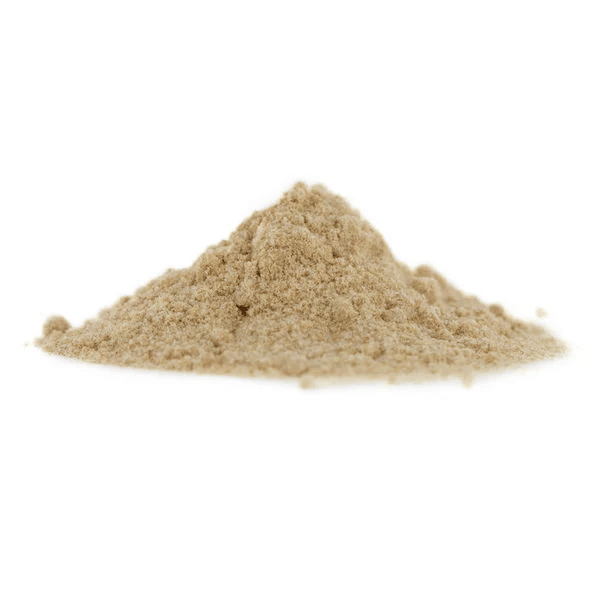
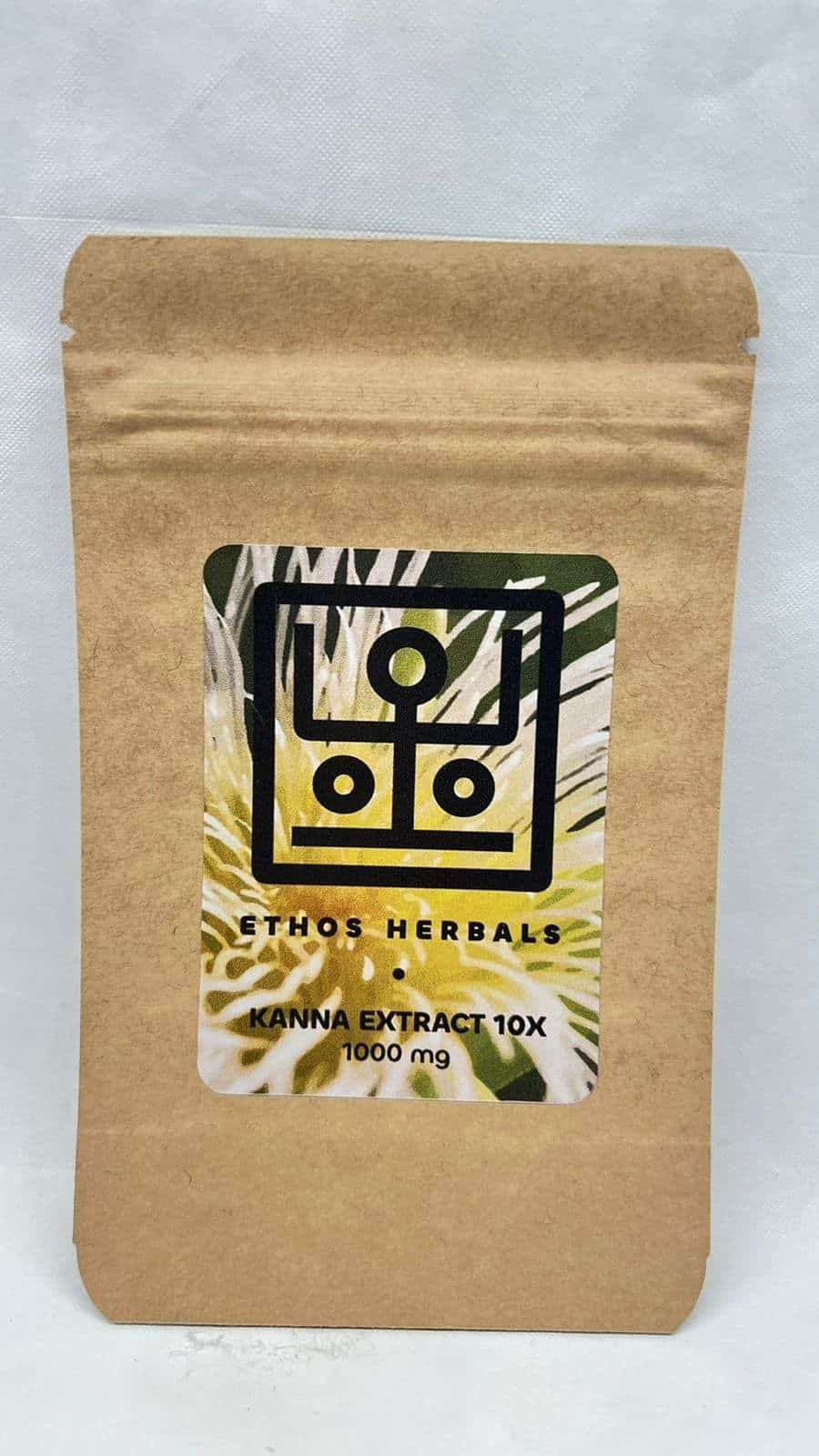
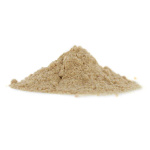
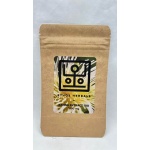
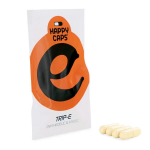

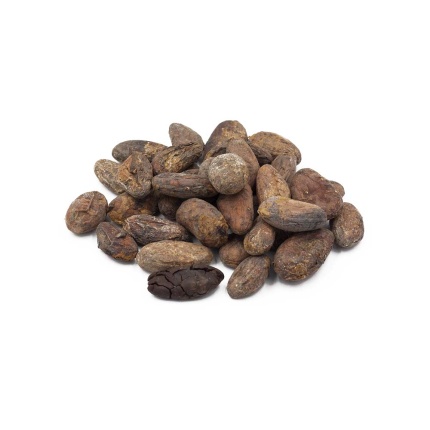
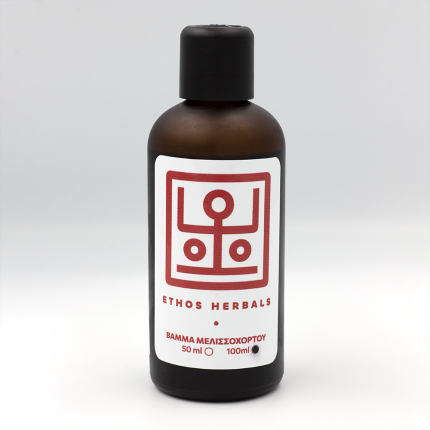
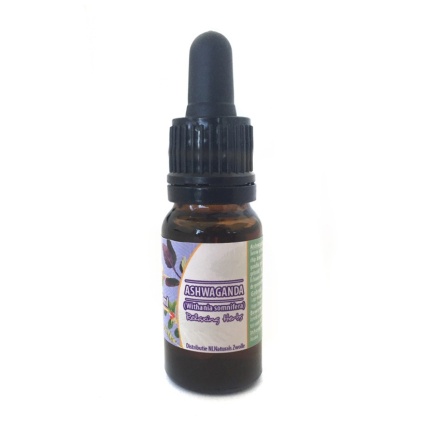
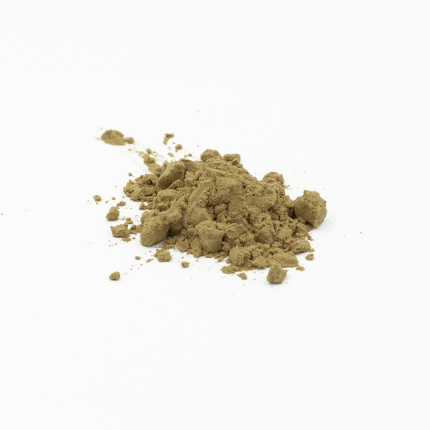
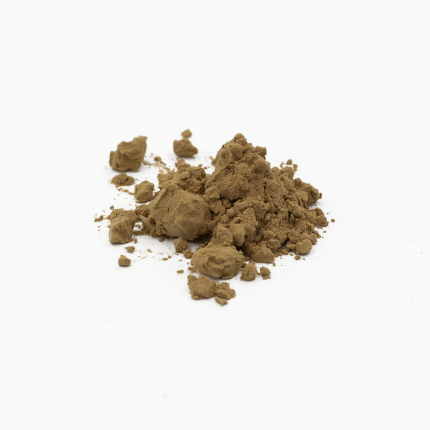
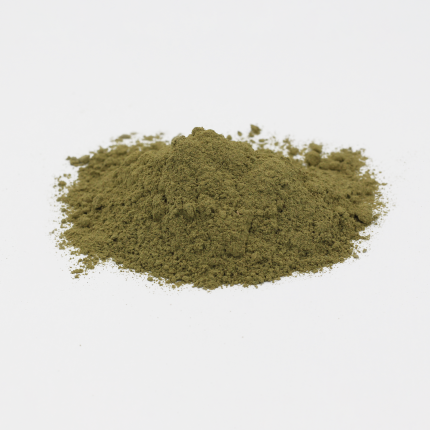
 Ethos Herbals Blends
Ethos Herbals Blends Cannabis
Cannabis SmartShop
SmartShop VapeShop
VapeShop Medicinal Herbs
Medicinal Herbs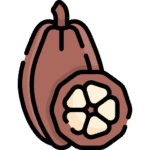 Cacao & Tea
Cacao & Tea Aromatherapy
Aromatherapy Ethos Lifestyle
Ethos Lifestyle
Reviews
There are no reviews yet.